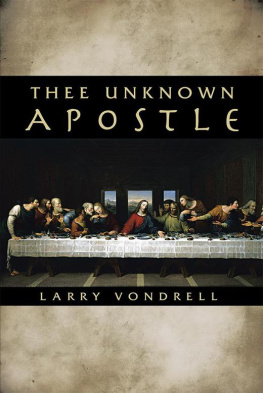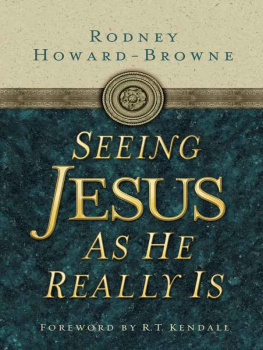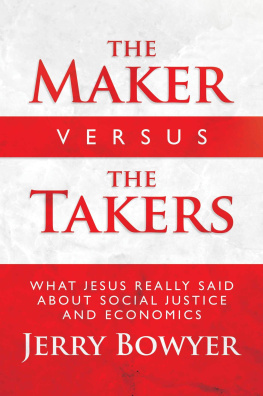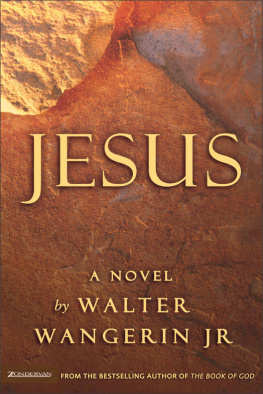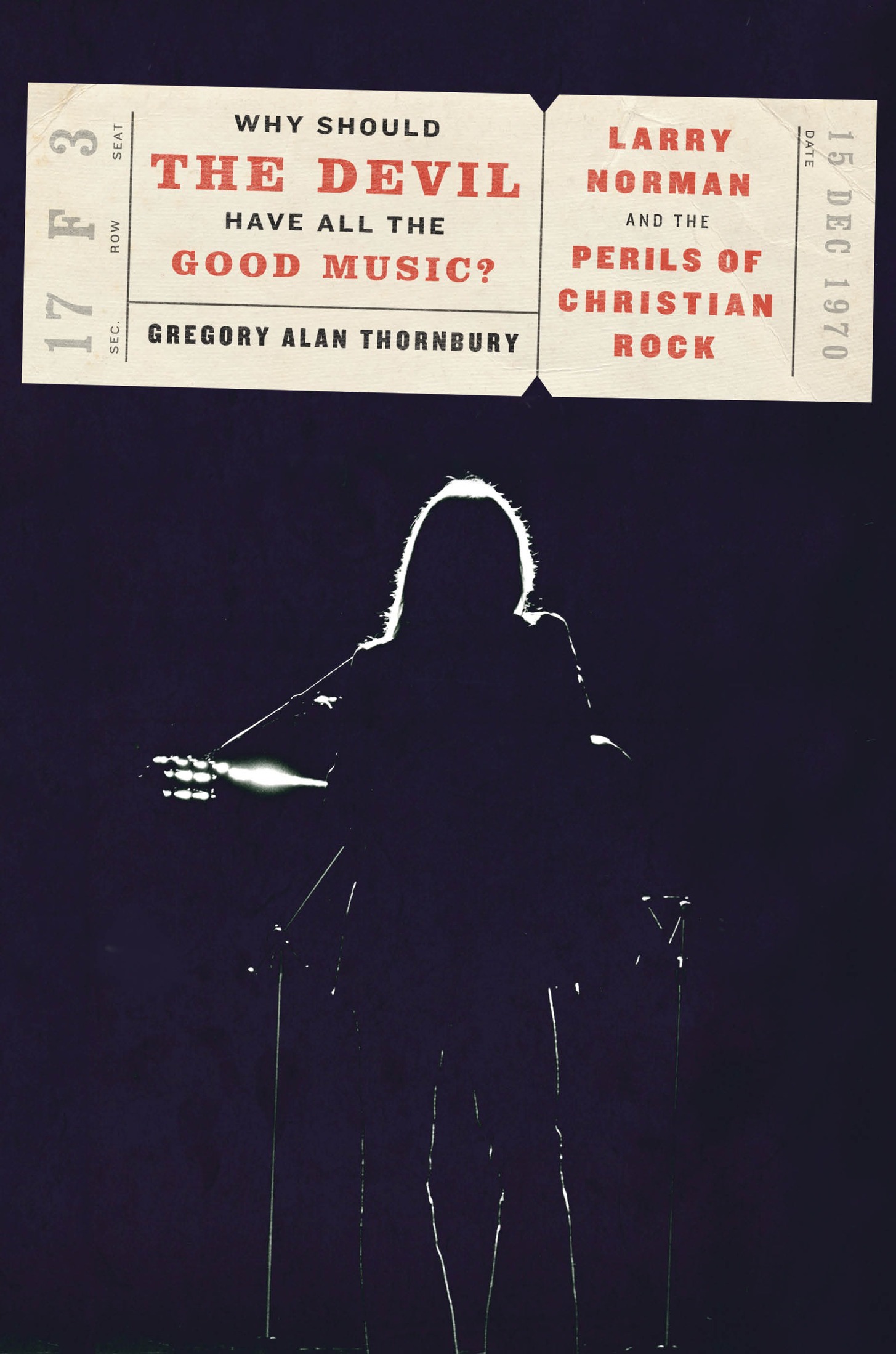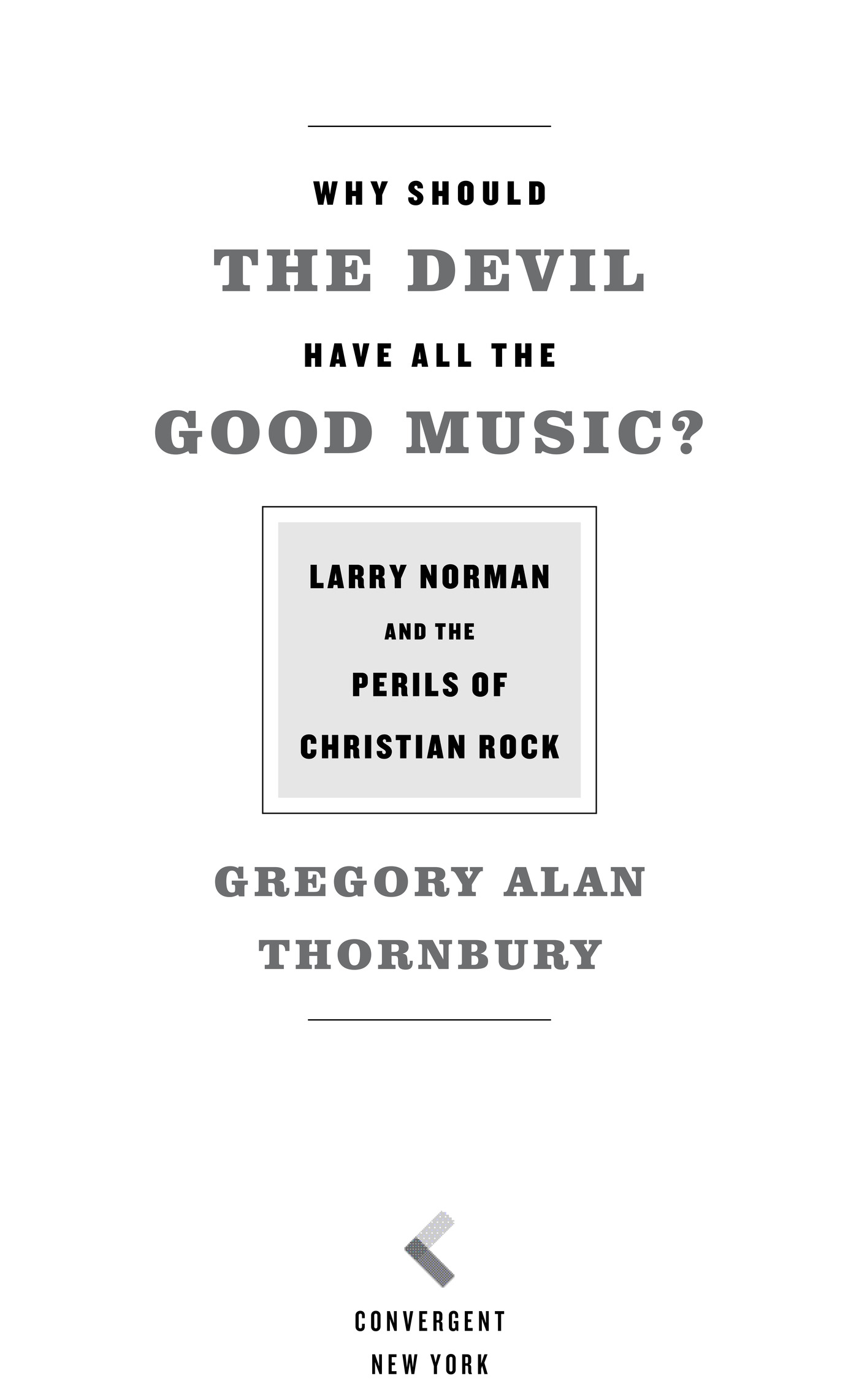Copyright 2018 by Gregory A. Thornbury
All rights reserved.
Published in the United States by Convergent Books, an imprint of the Crown Publishing Group, a division of Penguin Random House LLC, New York.
CONVERGENT BOOKS is a registered trademark and its C colophon is a trademark of Penguin Random House LLC.
Grateful acknowledgment is made to Sony/ATV Music Publishing LLC for permission to reprint the following: Why Dont You Look into Jesus 1973 by Glenwood Music Corp.; I Dont Believe in Miracles 1970 by Beechwood Music Corporation; and Why Should the Devil Have All the Good Music 1973 by Glenwood Music Corp. and Straw Bed Music. All rights administered by Sony/ATV Music Publishing LLC, 424 Church Street, Suite 1200, Nashville, TN 37219. All rights reserved. Used by permission.
Library of Congress Cataloging-in-Publication Data is available upon request.
One of the first signs of a saint may well be the fact that other people do not know what to make of him. In fact, they are not sure whether he is crazy or only proud; but it must at least be pride to be haunted by some individual ideal which nobody but God really comprehends. And he has inescapable difficulties in applying all the abstract norms of perfection to his own life. He cannot make his life fit in with the books.
It is harder to walk on a tightrope than it is to walk in the middle of the street.
PROLOGUE
JESUS AND LARRY NORMAN
Although he occasionally toured with a full bandespecially at the zenith of his popularity in the late 1970s and 80sthe typical Larry Norman concert began with him wandering slowly out onto a darkened stage lit with a sole spotlight, his cheap nylon-string acoustic guitar hung around his neck. His contract called for a grand piano arranged at a forty-five-degree angle from the stage, with two boom mics on a stand (one for the instrument, one for vocals), and a pitcher of water and a glass. Center stage out front were two boom mics for guitar and vocal, set to the exact same volume level and a flat EQa request that proved to be a perennial source of conflict. Two speakers were positioned in front of the mics, delivering what had become Normans signature live sound within a few months of playing solo: a folk guitar turned up to the point of distortion and vocals wet with reverb.
The concert setup was disciplined and minimalistic, and the act only worked if the audience was relatively quiet. At times, the atmosphere felt carefree and hilarious. At others, deadly serious. Norman would often quit playing if people started clapping during his songs or singing along. His main interest was forcing his audience toward self-examination, so if people were having fun at his concert, Larry thought, they probably werent thinking hard enough.
On some occasions, Norman seemed so invested in antagonizing his audience that it felt like a fight was going to break out between him and the crowd. Then there were the conflicts provided by inexpert, church-volunteer help. Larry played major rock venues like the Royal Albert Hall and the Hollywood Palladium, but he also played in churches and at venues operated by ministries, where he often found that whoever had booked the show had not thoroughly read the contract. In his early shows, he would notice that between the sound check and the start of his set, the mic levels had been changed. Church sound men almost always preferred vocals to be louder than instruments, believing instruments and musicianship to be less important than the messagebut when Norman noticed the discrepancy, he would bring the concert to a grinding halt. Positioning the sound hole of his guitar in front of the vocal mic, he would strum a chord hard, and then immediately lower it to strum the same chord on the guitar mic. Different sound levels. Every time. Breaking the fourth wall, he would directly address the sound man, almost always a church member and volunteer: Hey, could you set these two mics at the same level like I asked? This is rock n roll, okay? Louder is better. The humiliated guy in the back of the room would comply.
The sound man shtick became a staple of the Larry Norman concert mythology. Norman sometimes made a joke of it: Hey, could you turn the guitar up on the dial just past where it says folk music? Other times he griped about the overall volume level in the room. Staring at the PA, he might say, You know, back in the war, they used to drop these [speakers] on the enemy, you know, because they couldnt hear them coming. Legitimate technical issues with his guitar volume aside, Norman discovered the routine had a serendipitous side benefit of putting the audience on edge. Suddenly, this wasnt fun anymore. Larry would apologize afterward to the unfortunate fellow at the concert mixing board, but the more one knows about Larry, the more one wonders whether he was really sorry.
In addition to yelling at the sound guy, Norman would startle audiences by criticizing institutional religion, and discussing white Christianitys trouble with systemic racism. He mentioned forbidden topicseverything from STDs to contemporary music, film, and art. He was the godfather of Christian rock, but he stated repeatedly in his notebooks and interviews that he felt called to confront Christian culture. This de facto mission statement had varied repercussions. None other than Paul McCartney once reportedly made the remark that Larry Norman could be a star if hed just shut up about religion.
Whether or not the story is apocryphal, it was a sentiment repeated by Entertainment Weekly senior music writer Chris Willman, and is true even if Sir Paul never actually said it. Larry Norman (19472008) was a holy fool, often grossly misunderstood, certainly harassedmostly by fellow Christiansand uniquely constituted to attract controversy. To put it both mildly and crudely, Larry Norman wanted it both ways; he wanted to rock and he wanted to talk about Jesus, he wanted to follow Jesus and to offend other followers of Jesus, for people to enjoy his music but also be discomfited by it. Larry Norman lived a life of fantasy, especially to people who consider themselves faithful believers. He pretty much did as he pleased. He sang about what he felt, made a living doing what he loved, countenanced no authorities over him, and died a cult hero whose followers and family had to clean up the messes he left behind. Like Sren Kierkegaards self-understanding, he lived up to the moniker that individual, the person who is convinced that wherever there is a crowd there is untruth. I have been fascinated by Larrys career for over twenty years now, and am thrilled to have been given access to his personal archives in order to tell this story, because Larrys story is not his alone.
When Time magazine profiled the Jesus movement (the non-drug, nonfree love religious youth revival of the early 1970s), they wrote that Norman was probably the top solo artist in the field. From the 1970s onward, this Father of Christian Rock inspired a dazzling, eclectic group of secular artists. Singers as diverse as Tennessee Ernie Ford and Sammy Davis Jr. recorded his songs. Dizzy Reed of Guns N Roses cited him as an inspiration. Black Francis of the Pixies claimed he wanted to be Larry Norman when he grew up, and artists as varied as Damien Jurado, John Mellencamp, and Martin Sheen are fans. And then came the politicians. Larry Norman was invited by Jimmy Carter to perform on the White House South Lawn, and invited again to the White House by President George W. Bush. After his death in 2008, the



